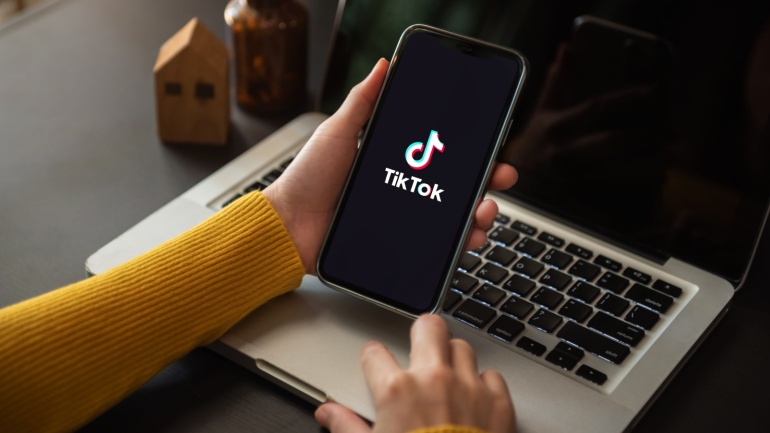The United States government has launched an investigation into Chinese telecommunications companies China Mobile, China Telecom, and China Unicom amid fears that these firms might transfer US data to the Chinese government through their US cloud and wholesale routing services. According to Reuters, which cited three anonymous sources, the US Commerce Department has issued subpoenas to the three companies.
The US Commerce Department has prohibited the use of Kaspersky security software across the United States, citing national security concerns. The Bureau of Industry and Security (BIS) determined that Kaspersky’s cybersecurity products pose “unacceptable risks” to US national security and public safety.
EchoStar Corporation has landed a substantial contract to supply mobile devices and services to the US Navy, valued at up to $2.7 billion over the next decade. This deal, though not a complete solution to the company’s financial woes, is a significant positive development amid ongoing challenges.
The US government has unveiled plans this week to establish a new institute dedicated to advancing digital twin technology for the semiconductor industry. Through the CHIPS Manufacturing USA initiative, companies are invited to submit proposals to operate this institute, with the selected applicant set to receive up to $285 million in funding.
The US government has taken a significant step by revoking specific licenses that allow American chip manufacturers to export goods to Huawei, the Chinese tech giant. This action will notably reduce the sales of major chip producers like Intel and Qualcomm to China.
The US Senate has made a significant leap forward with a new regulation requiring TikTok’s parent company, ByteDance, to divest from the platform or face a US ban. This move, echoed by President Biden’s support, stems from fears surrounding TikTok’s algorithm and ByteDance’s potential to share American user data with the Chinese Communist Party. However, TikTok’s CEO Shou Zi Chew vehemently denies these allegations.
The UK Competition and Markets Authority (CMA) has raised alarms regarding the possibility of a collusion among a handful of American tech giants, aiming to manipulate the AI market in their favor. The focus of their worry centers on the control exerted by these companies over the development and commercialization of foundation models (FMs), with Open AI’s GPT being a prominent example.
In a significant move, AT&T has pledged an additional $3 billion investment by the end of the decade to address the digital divide in the United States, bringing its total commitment to this cause to $5 billion. This announcement comes as part of the telco’s ongoing efforts to ensure more Americans have access to affordable high-speed internet.
Seven Chinese nationals are under legal fire, suspected of masterminding an international hacking operation. Imagined to be APT31 Group members, they have allegedly dispatched 10,000 harmful emails, targeting critics of the PRC regime and stealing trade secrets.
In the ongoing geopolitical saga between the US and China, the global supply chain and the semiconductor industry are at the forefront. Both nations’ governmental bodies are ramping up subsidies to stimulate growth in domestic manufacturing and insulate against sanctions.













